What is a Woman?
March 18, 2022
While reflecting on women’s history month, what defines the modern woman’s experience?
As our understanding of gender grows with new research, the definition of womanhood becomes blurred. It’s one of the hardest terms to redefine, and it becomes near impossible to define womanhood without entering transphobic or misogynistic territory.
Opinion Of: NOELLE AVENA
What is the term “woman” used for?
“Woman” is an identity marker- it summarizes how a certain group of people will experience the world based on their socialization. “Woman” on its own is not enough to signify anything significant. Culture and family shape women in completely different ways. If you use the term with other terms, it takes on meaning. For example, if you’re told “young woman in East Lyme,” then it’s possible to identify traits in her experience that will differ from her counterpart, the “young man in East Lyme.” Gender, like age or location, is a shorthand that will pinpoint some information when used among other identity markers.
Simone de Beauvoir, philosopher, theorized “one is not born, but rather becomes a woman.” In other words, to be socialized as a woman refers to the differences in treatment and experience a girl will have due to her gender. This can be different expectations placed on her compared to a brother or male classmate. In a more tangible sense, think growing up with pink, dresses, makeup, and other stereotypically feminine signifiers.
Is there any experience that all people who identify as women share?
Women decide what “woman” is, but we’re not a monolith.
Many women do experience a sort of sisterhood, where they look out for the women around them, but that wouldn’t exist if not for the dangers of life as a woman- many women feel safer around women than around men, but this isn’t 6because they think women are naturally warm and kind, (they’re not), but because they’re distrustful of men, and women happen to make up most of who’s left.
A distrust of men is not a reflection of women’s opinion of men. Most women like men perfectly well, but distrust is part of a girl’s first socialization. Again, not a monolith, but many girls are taught to be wary of men, either from other people or their own experiences. It’s thinking that you don’t need the protection offered to you, then after one fateful day, deciding that yes, in this world maybe you do. This is certainly an experience almost all women share, but again, it’s not quite what defines a woman. She shouldn’t be defined by only the hardships she’s endured.
What defines a woman’s identity?
Think of what you associate with womanhood. A pursuit of beauty, the gentle power of the moon, a precious softness- is this what it means to be a woman? Is it to master the divine feminine and wield it like a magic wand?
It bothers me when people say that women are the gentler or kinder sex, and that’s what makes women precious and womanhood special. What does that leave for women who are stone cold evil? Is their womanhood taken away because they’re not sweet creatures?
Feminists are aware of these stereotypes and the alienation standards cause for the women who don’t fit the cookie cutter. Some women exercise their feminism by rejecting these standards of beauty and character. These are where we recognize those common “female empowerment” catch phrases along the lines of “women can fight too,” “women can do science too.” I’d like to add some more to our girlboss slogans: “women can be ugly too,” “women can be the absolute worst too.” All stereotypes are bad stereotypes, so don’t pigeonhole women into sweetness. There’s female politicians with war crimes on their conscience out there.
Definitions pertaining to beauty, kindness, personal traits, and aesthetics cannot define womanhood. They aren’t enough to define womanhood because oppression cannot define an identity- and, they’re the assumptions that women are constantly working to find liberation from.
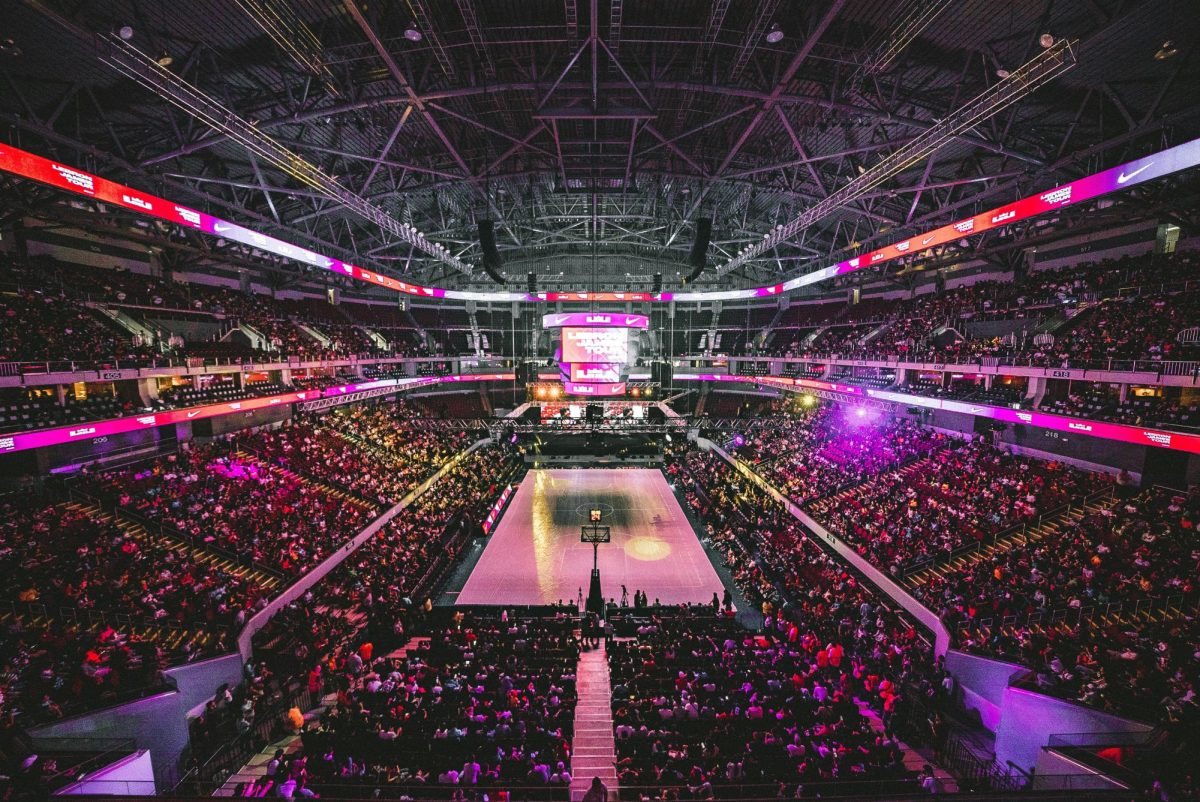


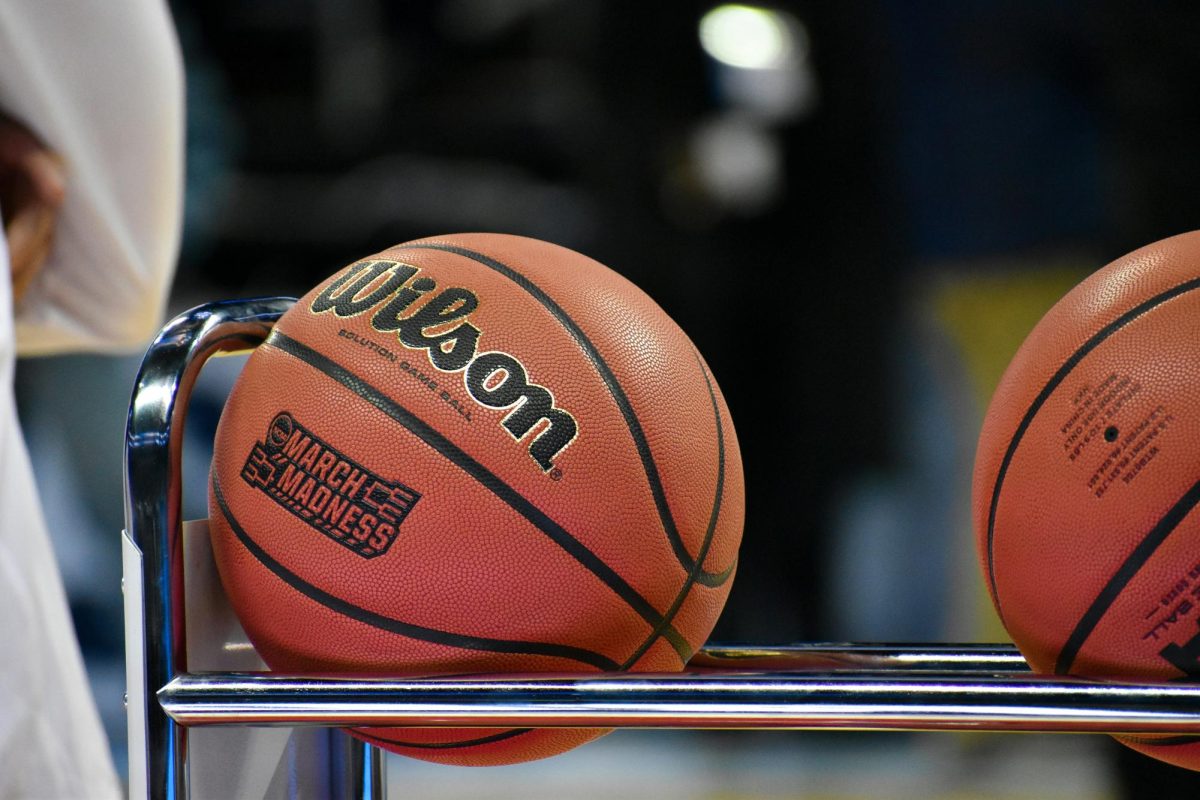





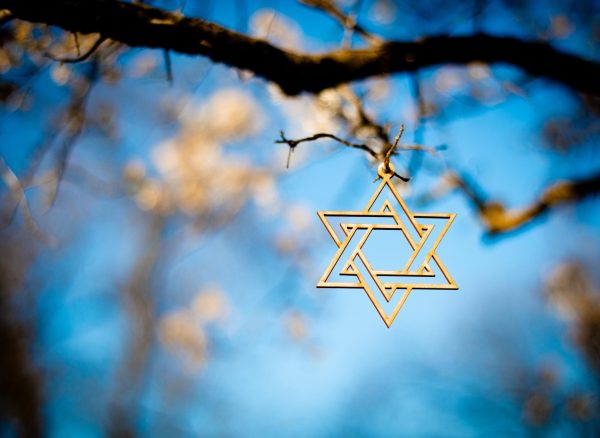
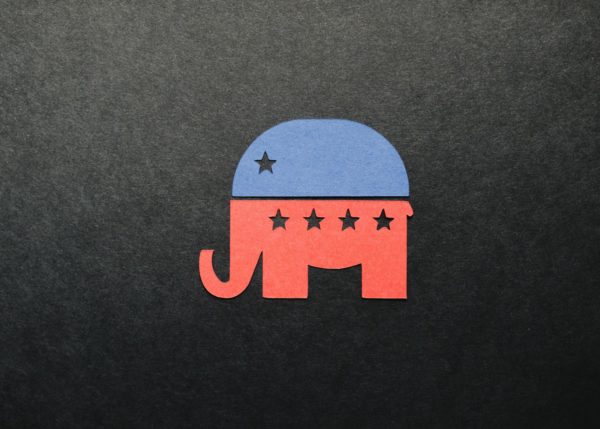
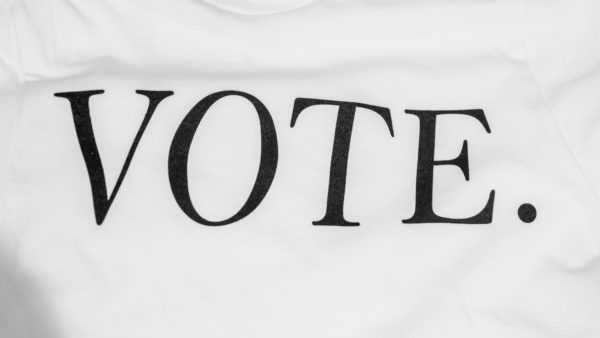
Anonymous • Apr 8, 2022 at 5:14 pm
Women are Gods gift for creation. No woman has to fit into any specific category but they are blessed to be born to procreate and should honor that gift. Unfortunately our society seems to fall short of God our creator and why man and woman were created.